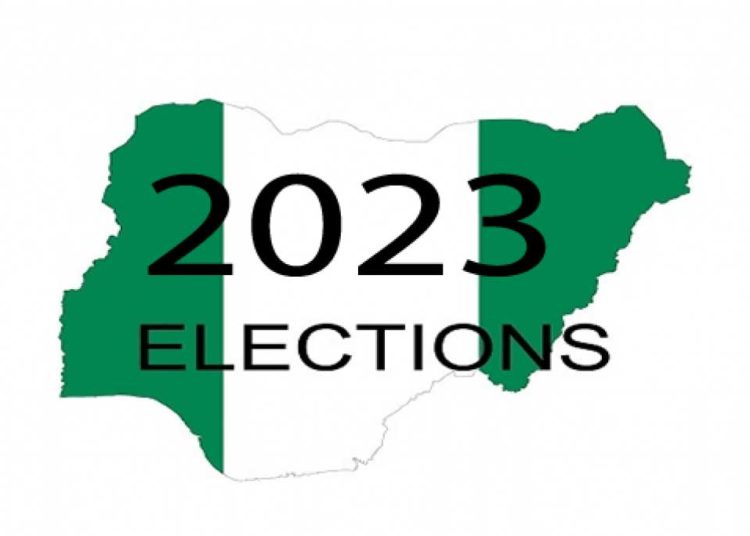Last week President Muhammadu Buhari took a stand against personal interference in the 2023 general election. His audience was elected governors of the All Progressives Party (APC) according to a statement by a presidential aid.
These same governors were on the president’s tail earlier this year to name his preferred candidate to for the chairmanship of the party. They also encircled the seat of presidential power in May hanging on the president’s every word and reading his body language to ascertain who his anointed candidate would be.
The norm in previous elections had been for presidents to keep the Independent National Electoral Commission (INEC) on a tight leash. The result of that approach produced an election where a winner was announced even before the results were collated as in the 2007 presidential election. And in 2015, facing a supposedly intransigent commission, there were reports of an alleged plan to kidnap the head of the commission.
Unfortunately, the effect of this has been an electoral body exercising independence only in name. The declaration by President Buhari sounds like a break from the past and an indirect way of saying he will not be using his influence and office to manipulate the presidential election in favour of his party, the All Progressive Congress. Or for that matter, his preferred candidate. He even went as far as citing recent state elections as testimony to his commitment to ensuring that the coming elections would be free and fair. The elections mentioned are those in Ekiti, Anambra and Osun states, where only one was favourable to the ruling party.
At that meeting with the governors, the president told them that, “I want Nigerians to know that we respect them, and for us to show that we will allow them to vote who they want. We will not allow anyone to use personal resources or their influence to intimidate other Nigerians. We will not allow intimidations materially, morally or physically. This is the kind of leadership that can emerge and consolidate our nation.”
We commend the president for this very bold stand. His words are, however, not enough to ensure the election will be free, fair and without interference from the ruling party or anyone exercising presidential powers on his behalf.
If how the APC managed its presidential primary in early June is anything to go by, other political leaders, party executive and presidential aides will work from behind the scenes to fill the supposed power vacuum left by the president in directing the affairs of INEC and how the electoral process is managed. And unlike the lead up to the APC primaries when governors, presidential hopefuls and party leaders only realised at the very last minute that the president meant it when he said he wouldn’t anoint a successor; everyone should take his word for it on election interference.
Unfortunately, the same stand of non-interference cannot be said about his office and the many aides that make it up. The same cannot be said about his ministers, leaders of his party and governors of the APC. Already, the signs are ominous. A number of individuals nominated by the presidency to fill vacant slots for Resident Electoral Commission(REC) at INEC are known to be members of the ruling party or have political affiliations with key figures. The process of nominating political appointees is known to be influenced by state governors and party executives, with inputs from the unlikeliest of places. In opinion, a nationalism-inspired standard should be used for appointees that will manage the electoral process. Civil Society Organisations are already up in arms about these political operatives being nominated as RECs and they impact this will have on the credibility of the 2023 general elections.
It is for this reason that we believe the president’s vow not to interfere in the election has to go beyond words. To fulfill this promise, President Buhari has to restrain his own aides and governors of his party from planting party operatives in INEC and setting up the structures that could compromise the general election.





